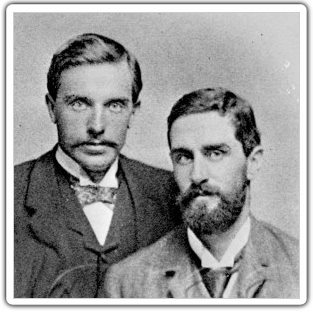ON AUGUST THIRD, 1916, Roger Casement, a retired British consul and renowned humanitarian, was executed by the British government for treason. This was a death penalty offense, but he might well have been sent to prison or even pardoned (as some were before him) if his “Black Diaries” had not been discovered by British agents. These diaries from 1903, 1910, and 1911 recorded, among more ordinary events, his affairs with men and gay cruising. His tragic story is still the focus of controversy today, featuring bogus forgery theories, angry mud-slinging, and also tireless research. Periodic conferences, symposiums, books, and articles attest to the fact that, for many people, Casement’s is an “unquiet grave.”
His story is so little known here that a short biography is in order.
The author wishes to express his gratitude to Geoff Hamada and Robert Samuelson for editing help and technical expertise, and to Jeffrey Dudgeon, tireless gay rights advocate and researcher of Roger Casement.
Jeffrey Panciera is a writer based in Seattle.








Discussion1 Comment
Mr. Panciera, I thought this article was just stunning. Thank You